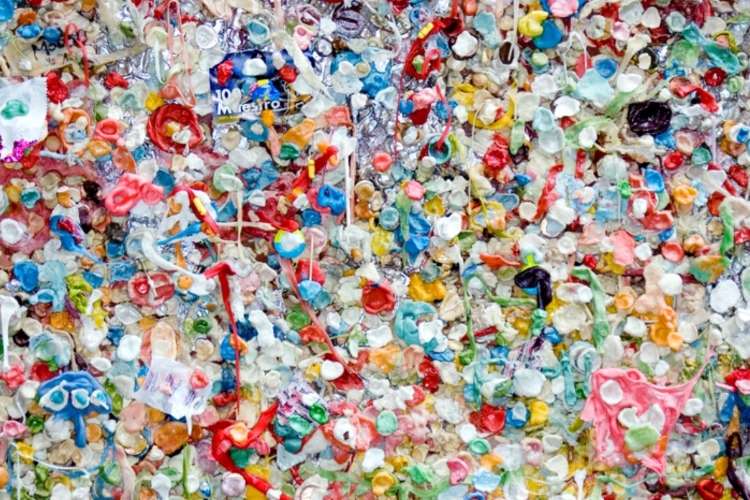
The Intergovernmental Negotiating Committee on Plastic Pollution met recently in Uruguay to evolve a binding international treaty on plastics pollution. The meeting was a precursor to negotiations spread over the next two years for a historic global agreement to end plastic pollution, similar to the Paris Agreement of 2015. Like all other negotiations concerning environment, the INC meeting on plastics treaty also was sharply divided – while the hard-line opinion favoured an outright ban on ‘problem plastics’ and certain chemicals, the industry wanted to focus on recycling and targets dictated by national priorities.
The High Ambition Coalition to End Plastic Pollution, with 45 member countries, has called for curbs on single-use plastics which are used in packaging. As single-use plastics make up 50% of the plastic waste produced today, curbs on them can cut pollution in a big way. It can influence consumer and industry behaviour by forcing a mindset change. The cost of plastic pollution in terms of environmental damage and degradation of the ecosystem is estimated to be more than $100 billion annually.
READ I GM crops: India must embrace future, but after allaying fears
The INC is expected to come up with an international standard for monitoring production to ensure that plastics are recyclable and chemically safe. About a quarter of chemical inputs used in plastics production are harmful and could cause health problems such as asthma and infertility.
A circular economy to end plastic pollution
Most of the plastics produced currently cannot be not recycled. Corporates’ push for recycling could be a major pain point in the negotiations as most plastics are not recyclable. Just less than a tenth of plastic waste is recycled at present. Allowing countries to define national priorities could be another problem. The US backed by the plastics industry is strongly pitching for a model that will allow countries to decide their respective national action plans.

The United Nations Environment Assembly had in March decided to create a legally binding agreement that covers the lifecycle of plastics, products and business models. The treaty, which will be finalised by the end of 2024, will devise rules for tackling plastic pollution. Plastic accounts for 85% of all litter in the oceans. The UNEP expects the quantity of plastic waste in the ocean to triple by 2040.
The treaty should ensure that producers pay for collection, sorting and recycling of the plastic products they manufacture. This could help clear landfills and will take the financial obligation of waste management away from local governments. If companies that create this waste cannot do this, then they should not sell the product in the market. To stop large amounts of plastic flowing into the ocean, the countries need to agree on a deadline to reduce use of plastic.
A circular economy for plastic is not possible till the companies that produce them agree to fund recycling. The governments could charge a levy on the production of polymers to make this happen. The nations must make it obligatory for retailers to buy back plastic waste and reuse it. The companies can pass on the additional cost towards recycling. The circular economy will ensure that plastics that cannot be reused or recycled are not produced.
In several less developed countries, plastic waste is burnt which is a major source of air pollution. Close to 5 million people die of air pollution every year, most of it in developing nations. There are several studies that have found presence of microplastics in human body, which is inhaled while breathing or consumed through food and water. Small plastic particles cause severe skin and lung infections.
